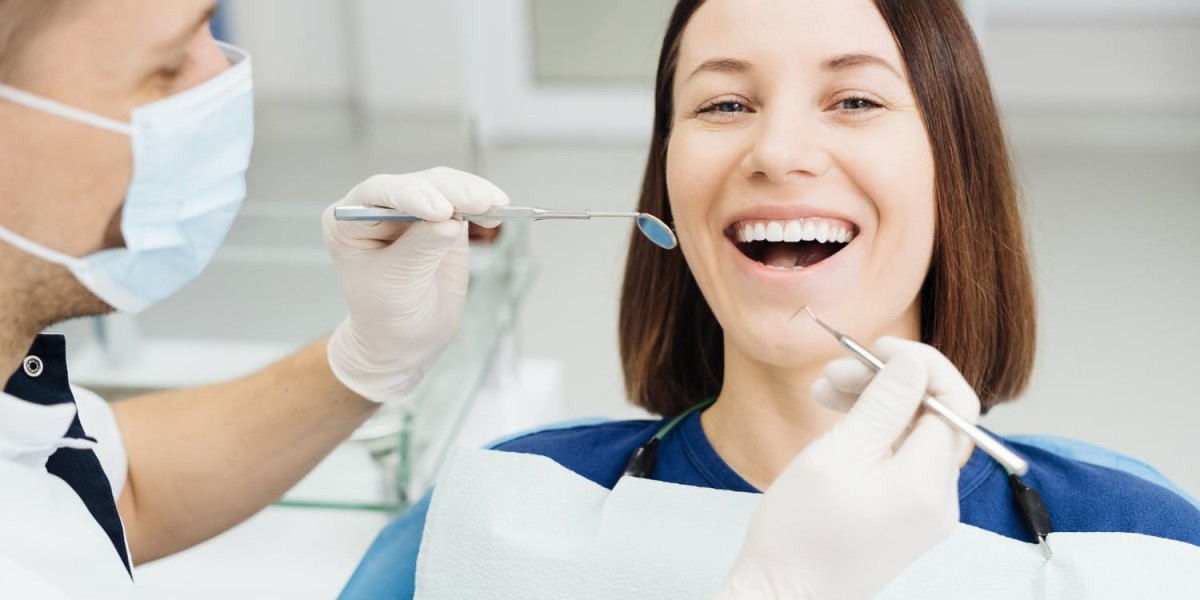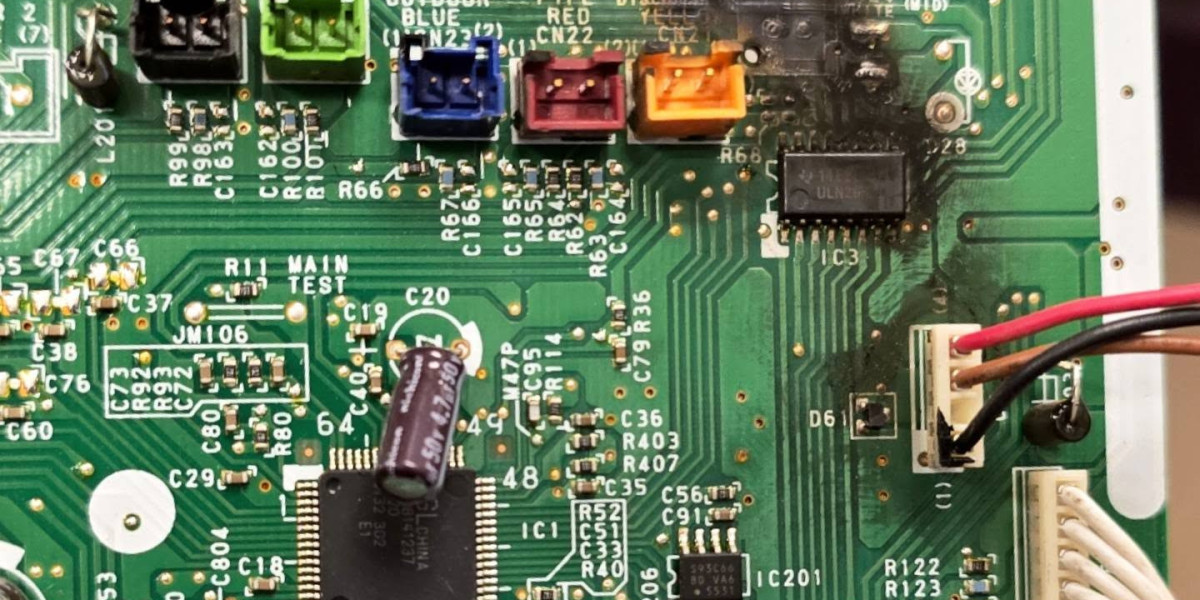Orthodontic treatment can lead to a significant transformation in your smile, but the process requires commitment, including careful attention to what you eat. Choosing the right foods during your orthodontic journey is essential to ensure that your treatment goes smoothly and your braces or aligners stay intact. If you're in Dubai and undergoing orthodontic treatment, knowing which foods to enjoy and which to avoid can help you achieve the best results. In this article, we'll explore the foods that orthodontists in Dubai recommend during treatment, as well as those you should avoid to protect your braces and your oral health.
Foods to Eat During Orthodontic Treatment:
When it comes to maintaining a healthy and successful orthodontic treatment, soft, easy-to-eat foods are generally the best choice. These foods will not only prevent damage to your braces but will also be gentle on your teeth, gums, and mouth.
1. Soft Fruits and Vegetables:
- Bananas: Soft and easy to chew, bananas provide essential nutrients without posing a risk to your braces.
- Avocados: Packed with healthy fats, avocados are soft and nutritious, making them ideal for orthodontic patients.
- Cooked vegetables: Steamed or cooked vegetables like carrots, sweet potatoes, and zucchini are softer than raw varieties, reducing the strain on your braces.
2. Dairy Products:
- Yogurt: Soft, creamy, and full of probiotics, yogurt is an excellent snack for those in orthodontic treatment. Choose options without added sugar for a healthier alternative.
- Cheese: Soft cheeses like mozzarella, cream cheese, and ricotta are great options that don’t put pressure on your braces.
3. Lean Proteins:
- Fish and chicken: Tender pieces of chicken or fish, such as salmon, are easy to chew and rich in protein, supporting overall health during treatment.
- Eggs: Scrambled or soft-boiled eggs are soft and versatile, providing a source of protein that doesn’t strain your teeth.
4. Grains and Pasta:
- Soft bread and tortillas: Choose soft bread varieties and avoid crusty, hard breads. Whole grain options are also a good choice for added fiber.
- Pasta and noodles: Soft pasta dishes are perfect for patients in treatment, as they are easy to chew and provide a comforting meal.
5. Smoothies and Shakes:
- Fruit smoothies: A great way to get your daily dose of vitamins, smoothies are soft and refreshing. Add yogurt, milk, or protein powder for extra nutrition.
- Milkshakes: If you're craving something sweet, opt for a milkshake made with soft ingredients like ice cream and milk.
Foods to Avoid During Orthodontic Treatment:
While some foods are orthodontist-approved, there are certain items that can cause damage to your braces or delay your progress. It’s important to avoid these foods to ensure that your treatment continues without complications.
1. Hard and Crunchy Foods:
- Nuts: Hard nuts, like almonds, peanuts, and cashews, can cause damage to brackets or wires, which may result in costly repairs.
- Popcorn: The hard kernels and crunchy texture can not only damage braces but can also get stuck in them, making cleaning difficult.
- Hard candies: Sweets like lollipops, jawbreakers, and hard candies can be dangerous to your braces and can lead to broken wires or brackets.
2. Sticky and Chewy Foods:
- Gum: Chewing gum can get stuck in your braces and is difficult to remove, potentially causing damage or discomfort.
- Caramel and toffee: Sticky candies and sweets can adhere to the braces, causing difficulty when trying to clean them and potentially damaging the wires.
- Chewy granola bars: While healthy, chewy granola bars can be too tough to chew, putting undue pressure on your braces and risking damage.
3. Tough Meats:
- Steak or tough cuts of beef: Chewing through tough meats can put a strain on your braces, potentially leading to broken brackets or wires.
- Ribs: While delicious, ribs require a lot of chewing and can be hard on your braces. Opt for tender meats like chicken or fish instead.
4. Foods High in Sugar:
- Sugary snacks and drinks: Foods and beverages high in sugar, like soda, cookies, and candy, can contribute to plaque buildup and tooth decay around your braces. This can complicate your treatment and negatively affect your oral health.
- Sticky fruits: Dried fruits, like raisins and apricots, are sticky and can adhere to your braces, making them harder to clean.
5. Ice and Cold Foods:
- Chewing ice: Chewing ice is a bad habit that can lead to cracked or broken brackets and wires. Even though ice may seem harmless, it’s very hard and can damage your orthodontic appliances.
- Cold, hard foods: Frozen foods, like ice cream bars with crunchy coatings, can put unnecessary pressure on your braces and may cause discomfort or damage.
Tips for Eating with Braces:
Orthodontists recommend specific eating habits to make your treatment process smoother and more comfortable. Here are a few tips to follow during your orthodontic treatment:
1. Cut Your Food Into Smaller Pieces:
- Easier to chew: Cutting your food into smaller, bite-sized pieces reduces the amount of pressure you need to apply when chewing. This is especially helpful for tougher foods like meat or raw vegetables.
2. Chew Slowly and Carefully:
- Avoid putting pressure on brackets: Take your time when chewing to avoid unnecessary stress on your braces. Slow, deliberate chewing will help prevent damaging the brackets or wires.
3. Use a Soft Toothbrush and Floss Threader:
- Maintain oral hygiene: Cleaning your teeth regularly is crucial to prevent plaque buildup. Use a soft toothbrush to avoid damaging your braces, and floss with a floss threader to ensure you clean around the wires effectively.
4. Stay Hydrated:
- Drink water: Drinking water helps wash away food particles and keeps your mouth clean. It’s also a healthy habit that won’t damage your braces.
Conclusion:
Eating the right foods during orthodontic treatment is key to ensuring your braces or aligners work effectively and that your treatment progresses without complications. By opting for soft, nutritious foods and avoiding sticky, hard, or sugary options, you can protect your braces, enjoy your meals, and keep your oral health in check. If you're undergoing orthodontic treatment in Dubai, following these guidelines will help you maintain a smooth treatment process and achieve the smile you've always dreamed of. Make sure to consult your orthodontist for personalized dietary advice tailored to your specific treatment plan.
Readmore about: Celebrity Smiles: How Orthodontists Help Achieve the Perfect Look









